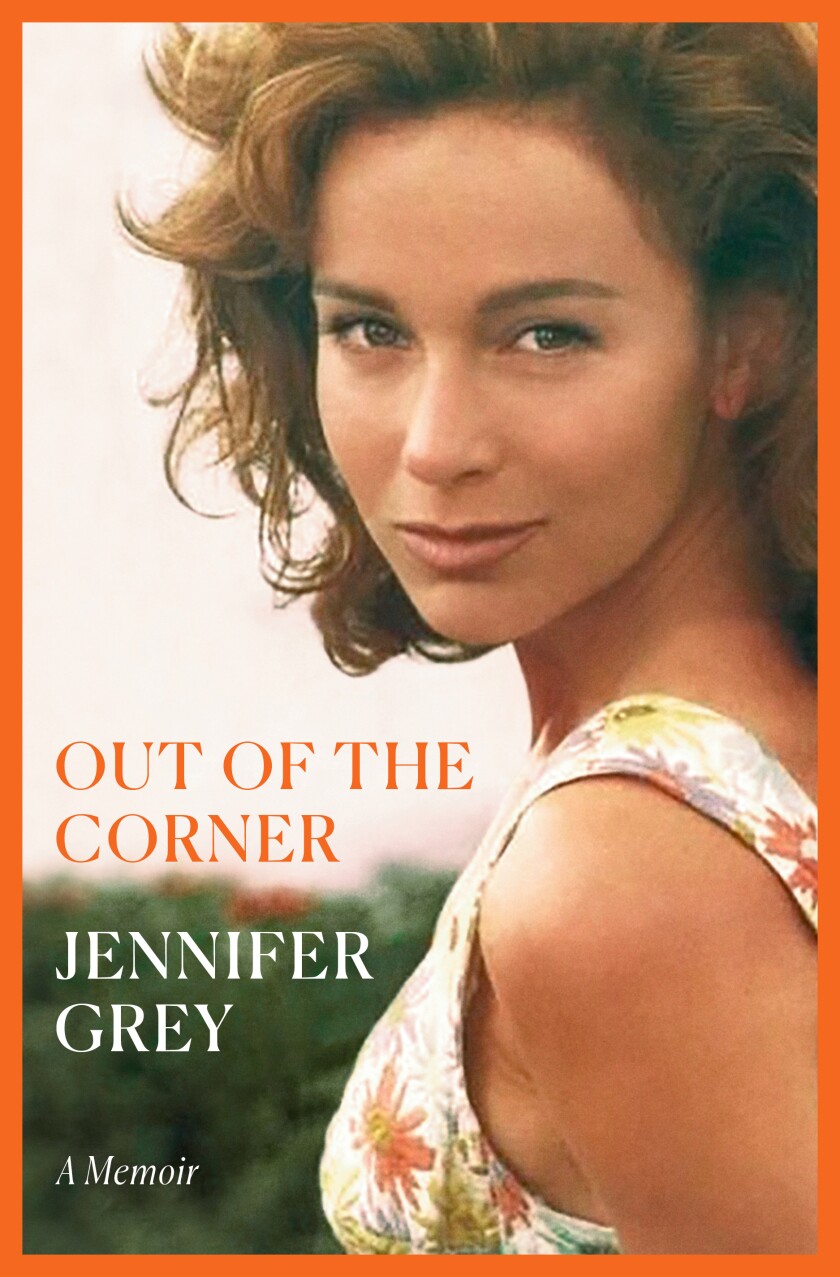Star Jennifer Grey sat down to discuss the film’s eerie relevancy in the post-Roe v. Wade age, as well as the news that a sequel to Dirty Dancing is finally getting made nearly four decades after its premiere. The actress who played the movie’s starry-eyed good girl, Frances “Baby” Houseman, spoke to Entertainment Weekly about the film’s message, the many social justice elements woven into the storyline, and how, at the time, the cast never could have imagined those horrific scenarios could one day become a reality again. The early 1960s Catskills resort is the setting for the unforgettable love story between Meryl Streep’s Grey and Patrick Swayze’s Johnny Castle.
As the daughter of a “first-rate doctor,” Baby is leaving for the Peace Corps at the end of the summer, while Johnny is a dance instructor who is both much sought after and looked down upon by the rich guests of the resort where he works. Baby finds herself in the centre of a difficult predicament when she enters Johnny’s world, in which she is not allowed to participate in. Penny (Cynthia Rhodes), Johnny’s dance partner, is in desperate need of an abortion, which was illegal at the time but which she cannot afford, and Baby must make a choice. Writer Eleanor Bergstein was warned the film would never be a financial success when she submitted the script for Dirty Dancing in 1987. The classic love story was a box office success, earning back ten times its production budget after its initial six-month theatrical run. However, in the late 1980s, Bergstein’s writing was consistently criticised despite the presence of a star-studded ensemble and impressive choreography.
The worry stemmed from the fact that Bergstein deliberately included a typical rom-com drama device—a botched home abortion—in the story. Grey called Penny’s abortion the “genius” story device in her interview. “The fact that the virgin is the one assisting someone to have an illegal abortion because she recognises how unfair the system is and how terrible it is — to me, it’s the call to action that makes it feasible, that makes it important for her to subsequently fall in love with Johnny.” Following the Supreme Court’s 2022 decision to overturn Roe v. Wade, Grey said, “We have rules that penalise nature — and the laws are established by men who have never felt what it means to lose a job, or see their aspirations of a future life cut short.”
The events of Dirty Dancing take place in 1963, hence the love tale takes place at a time before Roe v. Wade was decided. As Bergstein experienced firsthand in the early 1960s, Grey stressed the significance of depicting the repercussions of being denied access to safe treatment in her interview. Emile Ardolino, the film’s writer and director, painted a vivid depiction of the very real traumas encountered during “coat hanger” abortions by including Penny’s cries and referring to unclean blades to capture the heaviness of the era. In this context, “…frightening because it appears so genuine. It’s the final scene of the film, and you don’t expect it to happen “and it was included as a warning. And Grey went on to say
“No one involved in the making of this film ever imagined that it would one day be used as a weapon against all women and the doctors who would protect them.
It’s insane to make a legal problem out of doctors doing what they were trained to do, which is saving lives and care for patients.” Dirty Dancing is an extraordinary work that has withstood the test of time thanks to its unforgettable score and the sizzling chemistry between Grey and Swayze. On the other hand, this tale of two hearts is built on the unfairness of a world that denies its people (or at least those less financially capable of escaping the law) fundamental human rights, rather than on the universality of those rights. To Grey, “What initially appears to be a light and breezy romantic comedy hides a wealth of wonderfulness. The character development is superb, and the plot is quite topical.” Regrettably, the movie Dirty Dancing has greater contemporary resonance now than it had nearly four decades ago. There has never been a better moment to watch it again than now, after Roe v. Wade and before the release of the sequel in 2024 on February 9.

